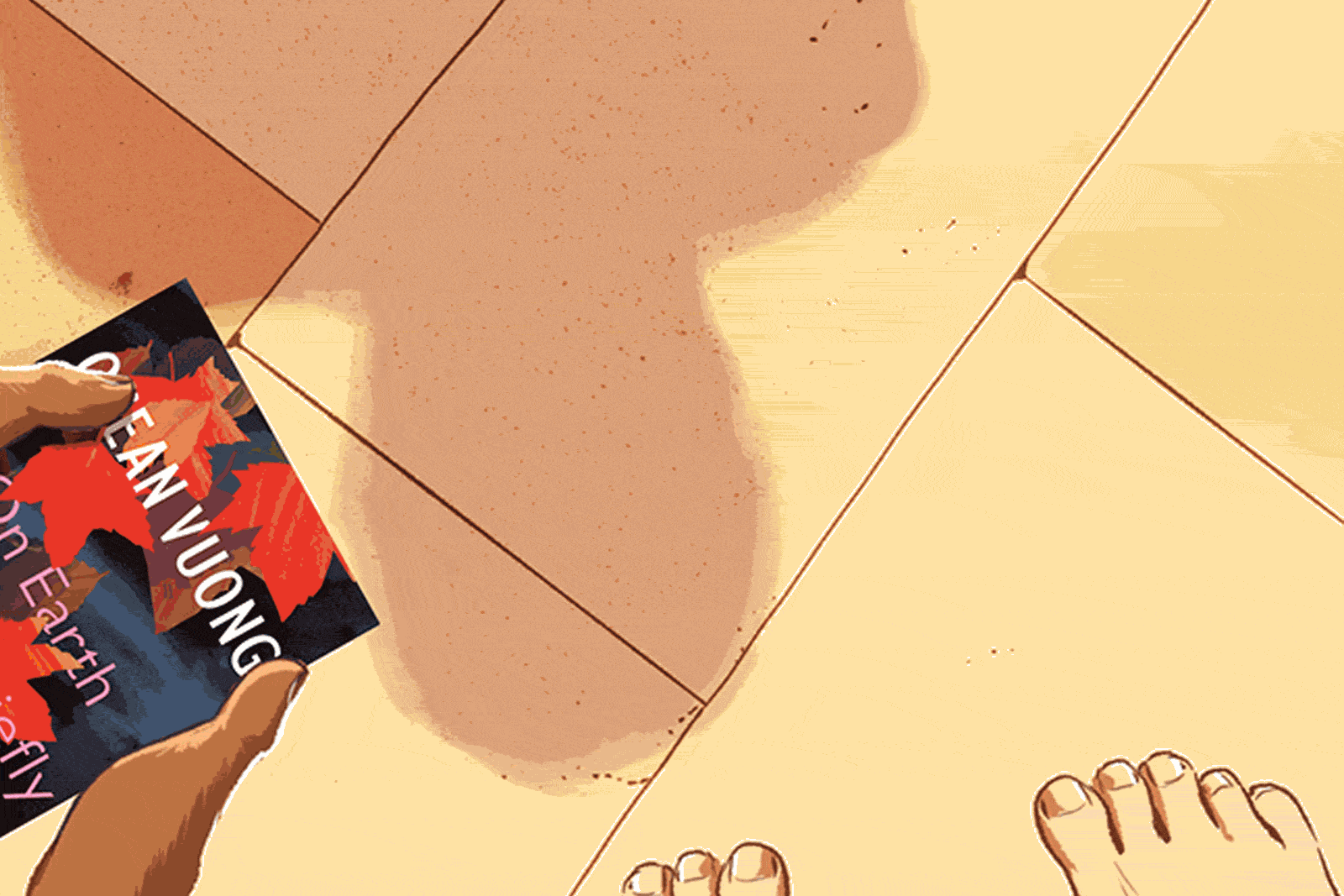Jonathan Safran Foer
Praise for We are the Weather
Read this book. Saving Planet Earth starts right here, right now
Stella McCartney
We Are The Weather: Saving The Planet Begins At Breakfast is optimistic not because Foer minimises the crisis, but because of his claim that ordinary people have a chance of ameliorating it . . . I ...
The Times
A warning: this is a life-changing book and will alter your relationship to food forever
Observer
Read this book. Saving Planet Earth starts right here, right now
Stella McCartney
We Are The Weather: Saving The Planet Begins At Breakfast is optimistic not because Foer minimises the crisis, but because of his claim that ordinary people have a chance of ameliorating it . . . I ...
The Times
A warning: this is a life-changing book and will alter your relationship to food forever
Observer
Read this book. Saving Planet Earth starts right here, right now
Stella McCartney
We Are The Weather: Saving The Planet Begins At Breakfast is optimistic not because Foer minimises the crisis, but because of his claim that ordinary people have a chance of ameliorating it . . . I ...
The Times
A warning: this is a life-changing book and will alter your relationship to food forever
Observer


